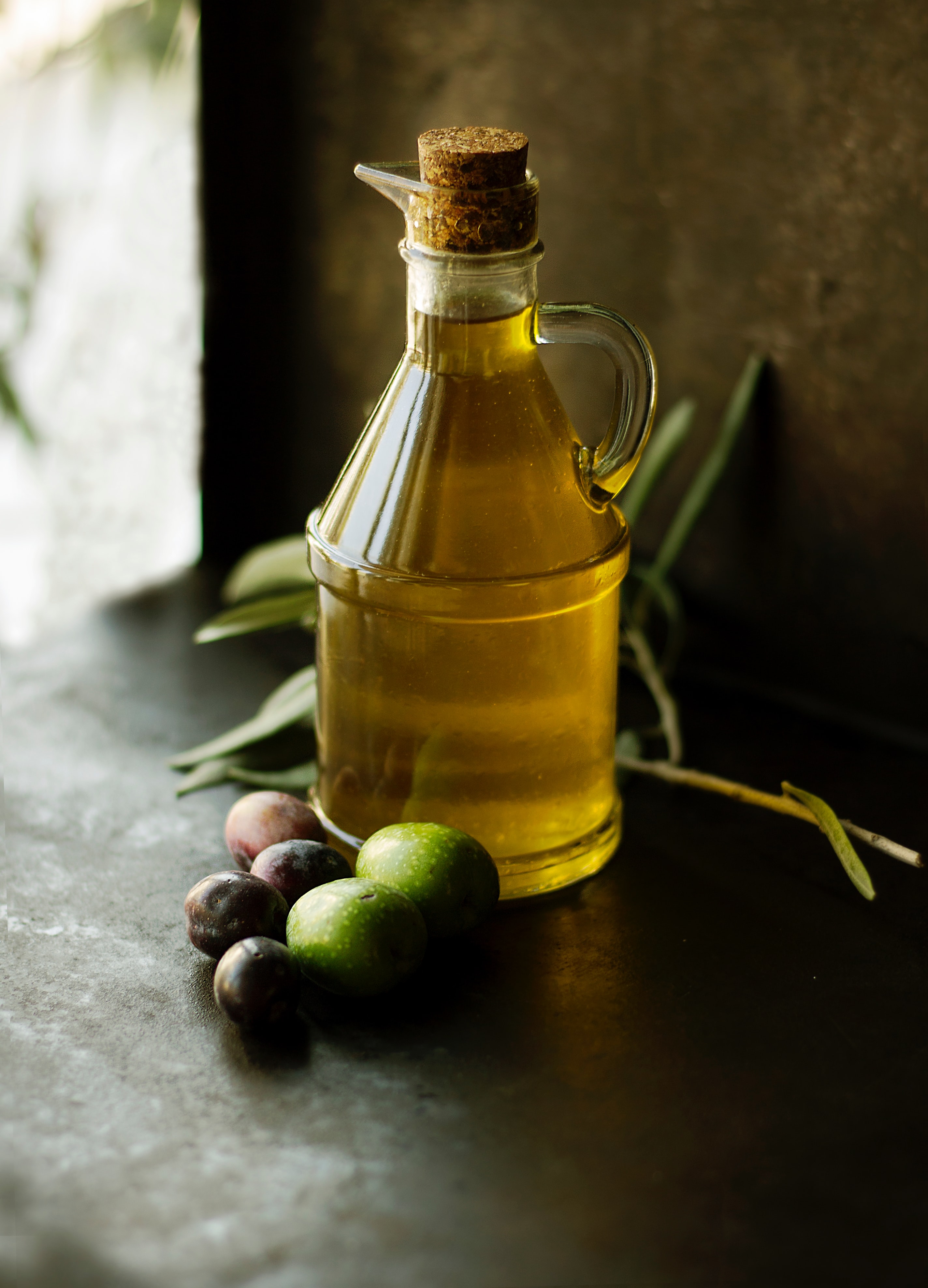All fat is NOT created equal! There are healthy fats and dangerous fats.
Health-building fats support your brain, hormones, immune system, heart health, and moods. Health-busting fats pretty much bust all of these (brain, hormones, immune system, heart health, and moods). So, this is why the information I’m sharing today is so important.
Fat is one of the three critical macronutrients; along with protein and carbohydrates. Some fats are super-health-boosting; and, others are super-health-busting.
Also you need healthy fats to absorb fat soluble vitamins including vitamins A, D, E and K.
As a general rule, the fats from whole foods that are the least processed will be the healthiest for you. But, you already knew that, right?
So let me give you a definitive list of the fats to use, and the fats to ditch.
Health-boosting fats
Health-boosting fats are found in:
- Nuts and seeds (hemp, flaxs, and chia)
- Oily fish e.g. salmon, sardines and mackerel
- Pasture-raised/grass-fed animals
- Eggs
- Olives
- Avocados
- Coconuts.
I love “virgin” oils, and here’s why. Getting the oil out of a whole food involves some processing. Sometimes it’s by squeezing, or heating. Other times it’s by using chemical solvents. The word “virgin” is used to show minimal processing (and no solvents!).
According to the World Health Organisation’s Codex Alimentarius:
“Virgin fats and oils are edible vegetable fats, and oils obtained, without altering the nature of the oil, by mechanical procedures, e.g., expelling or pressing, and the application of heat only. They may be purified by washing with water, settling, filtering and centrifuging only.”
For example, Extra virgin olive oil must:
- Be cold pressed
- Not contain any refined olive oil
- Possess superior quality based on chemical composition and sensory characteristics.
Don’t you think these standards ensure higher quality? I sure do!
Plus, the minimal processing helps to maintain some of the quality of delicate fat molecules, as well as their antioxidants. Win-win!
Health-busting fats
Health-busting fats are found in:
- Seed and vegetable oils like sunflower, safflower, soybean and corn oils
- Hydrogenated and partially hydrogenated oils
- Margarine.
Hydrogenated oils are particularly bad; this is because they contain small amounts of “trans” fats. Studies show that trans fats lead to insulin resistance, inflammation and belly fat. They also drastically raise the risk of heart disease. Lose-lose!
Finally don’t forget, we’re not just talking about buying bottles of these fats for home cooking. We’re also looking at the processed foods that contain them.
How to get more health-building fats
Firstly, you have my permission to ditch any foods in your cupboards that contain sunflower oil, safflower oil, soybean oil, corn oil, or any hydrogenated oil.
Secondly, try substituting one of the health-building oils whenever you have a recipe that calls for the other stuff. Try flaxseed oil or extra virgin olive oil in your salad dressing, coconut oil in your cooking, and rapeseed oil in your baking.
Finally, make healthier versions of your go-to processed foods. I’ll help you out now with my super-simple mayonnaise recipe below. It’s way better for you than the unrefrigerated stuff you find at your grocery store.
Recipe (healthy fat): Mayonnaise
Makes about 1 ½ cups
Ingredients
1 large or extra large egg
2 tsp lemon juice
½ tsp salt
1 tsp Dijon mustard
1 clove garlic
1 cup olive or avocado oil
Instructions
Add all ingredients except oil to your food processor. Process until creamy (about 10 seconds).
With the food processor running, add a few drops of oil into the egg mixture. Every few seconds add a few more drops. Continue until the mixture starts to thicken.
Now you can do a slow drizzle. Stop pouring, every once in a while checking that the oil gets fully incorporated.
Store leftovers in a covered container in the fridge for up to 1-2 weeks.
Serve & enjoy!
Tip: Use this in place of mayonnaise for egg, salmon, chicken salads, etc.
References:
http://www.precisionnutrition.com/all-about-healthy-fats
https://authoritynutrition.com/extra-virgin-olive-oil/
https://authoritynutrition.com/saturated-fat-good-or-bad/
https://eatingrules.com/cooking-oil-comparison-chart/
Photo by Roberta Sorge on Unsplash





About the author